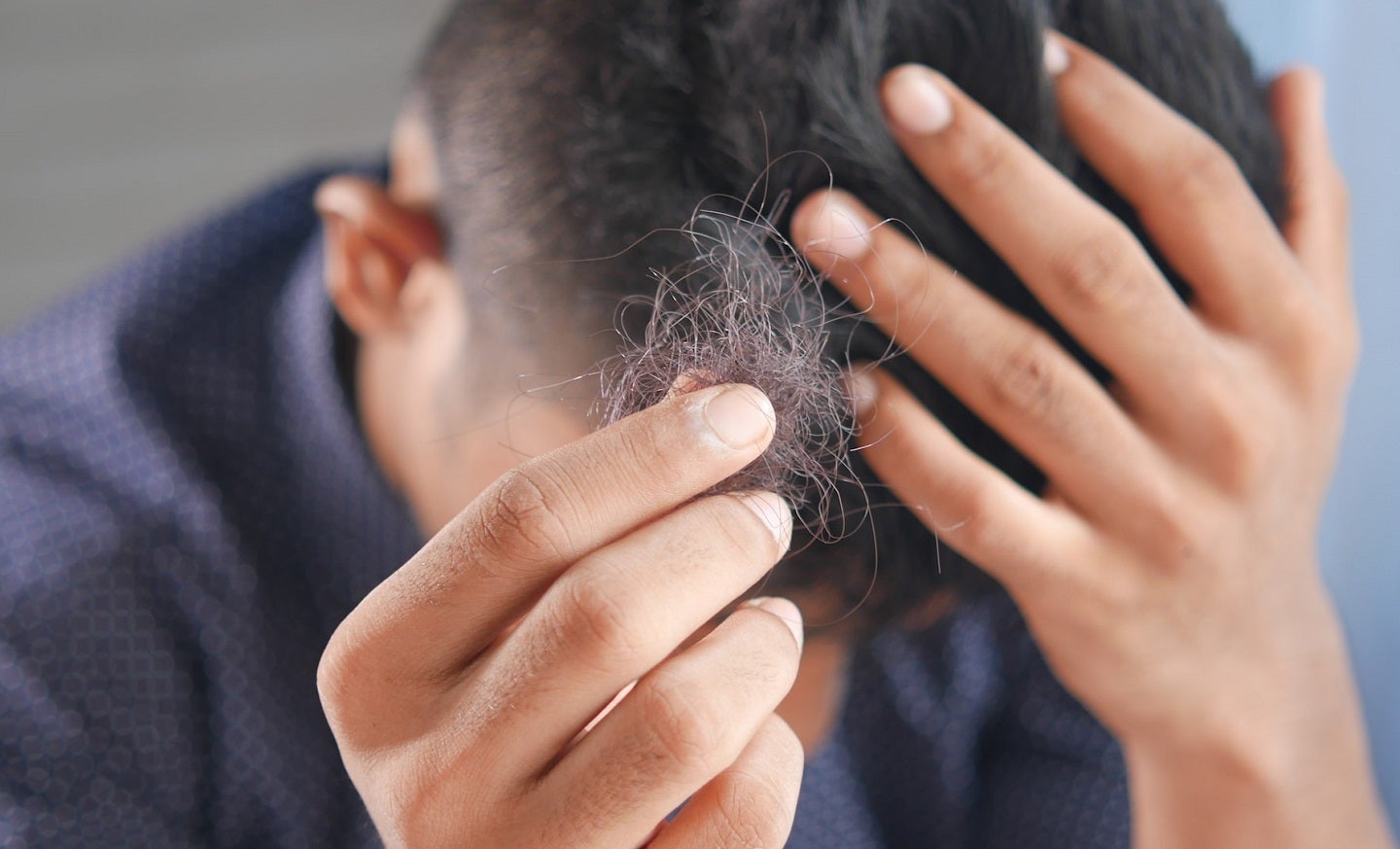
Singapore-based pharmaceutical company ASLAN Pharmaceuticals has dosed the first patient in a Phase IIa trial of farudodstat.
Farudodstat is indicated to treat adult patients with severe alopecia areata (AA), an autoimmune condition that leads to hair loss.

Discover B2B Marketing That Performs
Combine business intelligence and editorial excellence to reach engaged professionals across 36 leading media platforms.
The drug is an oral dihydroorotate dehydrogenase (DHODH) inhibitor that can suppress immune cell proliferation and IFN-γ secretion by obstructing the de novo production of pyrimidines needed for DNA duplication.
Named the FArudodstat STudy in Alopecia Areata (FAST-AA), the trial will examine the efficacy and safety of farudodstat in patients who have lost at least 50% of their scalp hair.
During the proof-of-concept trial, patients will be randomised in a 2:1 ratio to orally administer either farudodstat or placebo twice a day for 12 weeks.
After this initial treatment, they will be transferred to the trial’s other arm to receive additional treatment for 12 weeks, followed by a four-week safety follow-up period.

US Tariffs are shifting - will you react or anticipate?
Don’t let policy changes catch you off guard. Stay proactive with real-time data and expert analysis.
By GlobalDataASLAN Pharmaceuticals chief medical officer Dr Alex Kaoukhov said: “DHODH is an established target in the treatment of autoimmune diseases, and data from our recent studies support farudodstat’s potential to treat AA.
“The human translational data we presented as a late-breaking abstract at the first International Societies for Investigative Dermatology (ISID) meeting earlier this month showed that farudodstat not only reduced T cell proliferation but may also protect from immune privilege collapse, potentially offering a novel mechanism for AA treatment.”
The FAST-AA trial plans to include roughly 60 adult patients at around 20 sites across the US.
Its primary efficacy endpoint will employ the Severity of Alopecia Tool (SALT) to clinically assess and examine percentage change in SALT score from baseline to week 12.
Interim topline readout from the first 12-week treatment period of the trial is scheduled to be released in the first quarter of next year.



